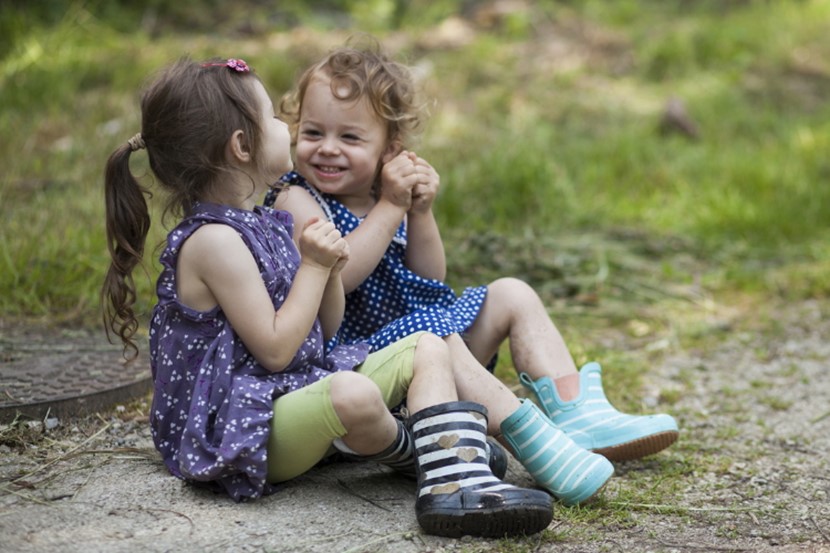The benefits of getting your kids to explore the great outdoors

Have you ever noticed that when the kids are fighting, you're feeling stressed and the tension in the house is building, getting out into nature seems to be the best medicine? In our screen dominated world, many kids are having less time in nature and the effects of this are being seen.
Many consider this a crisis and there’s even a name for it: Nature deficit disorder. In America, the average child is said to spend only four to seven minutes a day in unstructured play outdoors, while spending more than seven hours a day in front of a screen!
In his book, Last Child in the Woods: Saving Our Children From Nature-Deficit Disorder, Richard Louv shares the story of interviewing a child who told him that he liked playing indoors more than outdoors “’cause that’s where all the electrical outlets are.”
The urban environments many children live in these days also tend to have less and less of a yard or green space for kids to play in, so often there isn’t easy access to natural environments. It’s easy to feel that gone are the days of neighbourhood kids playing in backyards and exploring their local forest – building forts or tree houses.
Another factor that is keeping children indoors is parental fears about germs, diseases, and dangers of playing outside – despite evidence proving the contrary.
In the early 1980s, a Harvard University biologist named Edward O. Wilson coined a theory called biophilia – meaning that humans are instinctively drawn towards their natural surroundings. But these days, as we see many kids expressing a clear preference for screen time over playing outside, it can be hard to believe.
The benefits and even necessity of spending time in nature cannot be denied, however. Many recent studies agree that kids who play outside are smarter, happier, more attentive, and less anxious than kids who spend more time indoors. While it’s not clear exactly how brain functioning and mood improvements occur, there are a number of things we do know about why nature is good for our kids’:
◼️ It’s calming and reduces fatigue and stress. According to the Attention Restoration Theory, urban environments require what is called directed attention, which forces us to ignore distractions and tires out our brains. In contrast, natural environments require an effortless type of attention known as soft fascination that creates feelings of pleasure, rather than fatigue.
◼️ It builds confidence. Outdoor play has a lot less structure than most types of indoor play. There are unlimited ways to interact with outdoor environments, and letting children choose how they do this means they have the power to control their own actions.
◼️ It teaches children responsibility. Being responsible for living things such as bugs or plants helps to teach children how to care for things, and that their actions have outcomes. For example, if they forget to water their plants they will wilt or die.
◼️ It gets kids moving. Almost all ways of interacting with nature involve some form of movement. Even if it’s just taking the dog for a walk at your local beach, or park. This movement is vital for kids’ bodies and can help them to be more focussed and settled afterwards.
◼️ It provides real life stimulation. The natural environment activates all the senses – smell, touch, sight, and sound. All of which increases the richness of kids’ childhoods.
◼️ It gets them thinking. Nature creates a unique sense of wonder for kids unlike any other environment. The experiences that occur naturally in backyards and parks everyday leads kids to ask questions about our natural world.
◼️ It encourages creativity and imagination. Another benefit of unstructured play is that it allows kids to interact meaningfully with their surroundings. They can design their own activities, be inventive, and think more freely.
It may be tempting to give our kids screen time as a way of keeping them happy in the moment, but there’s a whole world they may miss out on if they aren’t given opportunities to explore the great outdoors. Not only will it benefit them, but the whole family.

